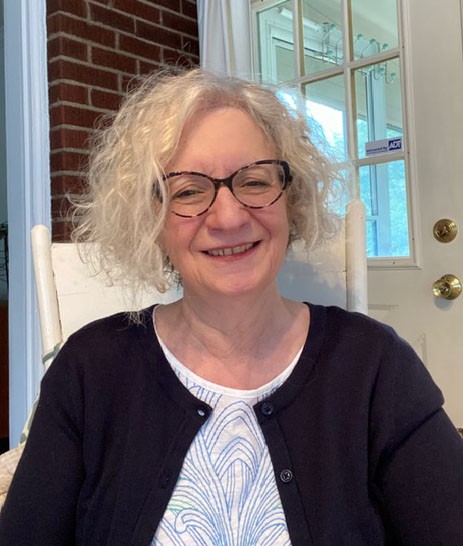
Eskenazi Named International Speech Communication Association Fellow
The Language Technologies Institute's Maxine Eskenazi has been selected as a fellow of the International Speech Communication Association.
Speech processing research is at a high right now, with virtual assistants like Alexa, Siri, Google and others always listening and willing to help.
But without a keen eye — or ear — for who this technology aims to assist, interest could wane, said Maxine Eskenazi, a Carnegie Mellon University researcher in the School of Computer Science who has worked on speech processing and spoken dialogue systems for decades.
"We need to stop focusing on the agent and start focusing on the user," Eskenazi said. "It's only a dialogue if there are two individuals participating. If we make systems that are just fun for us to make but do not serve the user and do not help the user, then they'll stop using Alexa or Google."
For her contributions to the field and decades of service to the community, Eskenazi, a principal systems scientist in the Language Technologies Institute, has been selected as a fellow of the International Speech Communication Association (ISCA). ISCA is a nonprofit organization promoting research related to speech communication science and technology.
"I know they don't honor many people," Eskenazi said. "When I see the other names on the list, I am so honored."
Eskenazi's work has focused on obtaining quality data through crowdsourcing and developing speech systems designed to help the user. More than a decade ago, she worked on "Let's Go," a spoken dialogue system for the Port Authority of Allegheny County. The system gave users information about what buses to take and when they should board them so they could arrive at their destination at a desired time. A new similar system aimed at seniors, GetGoiing, speaks slowly, with pauses, so people can write down the information.
Eskenazi is building on that system to help people navigate large buildings, like hospitals. One project helps people find their way through UPMC Presbyterian Hospital.
"Google can get you there on the bus, but it won't tell you which door to enter when you arrive," Eskenazi said. "We're trying to make things easier for people to find."
Eskenazi has been involved with ISCA since it was formed in the late 1980s. She was in charge of its first newsletter and signed up the organization for Facebook, its first social media presence. Proceeds from a book she co-authored, "Advanced Social Interaction With Agents," supports ISCA's student travel fund. She will be recognized at INTERSPEECH 2021, scheduled for this summer in Brno, Czech Republic.
